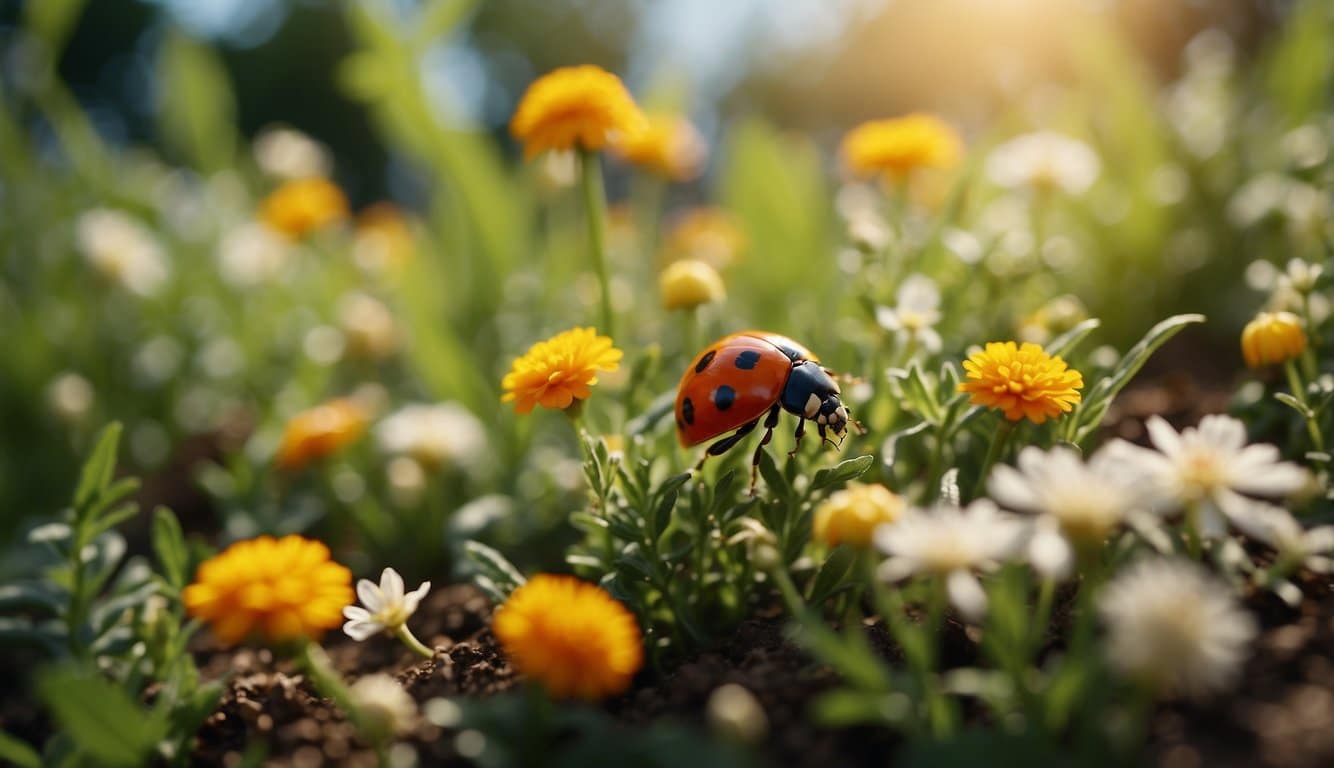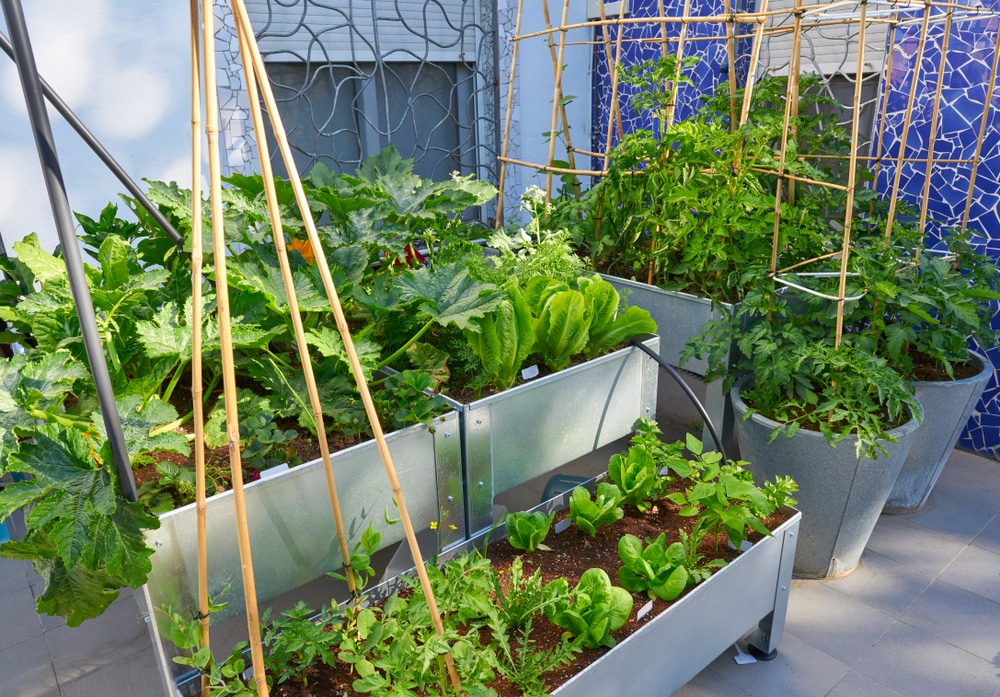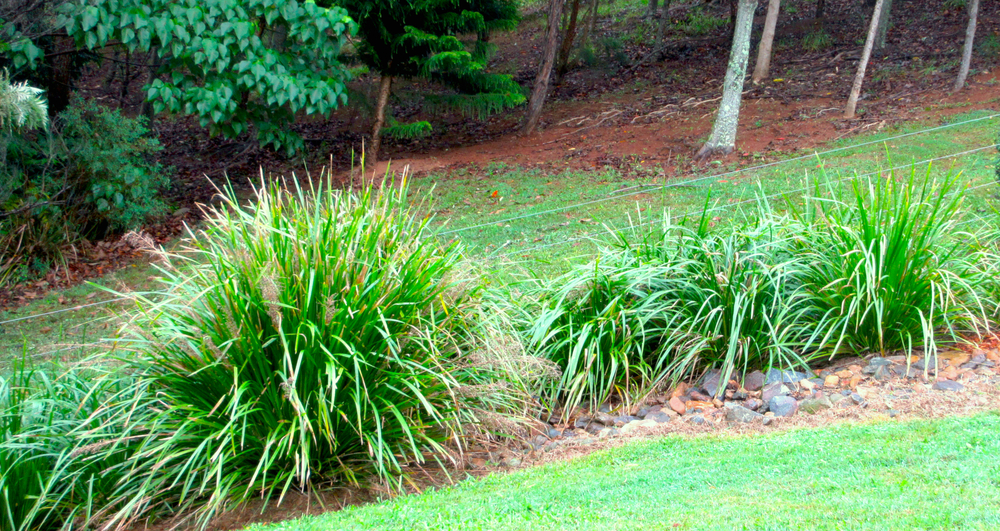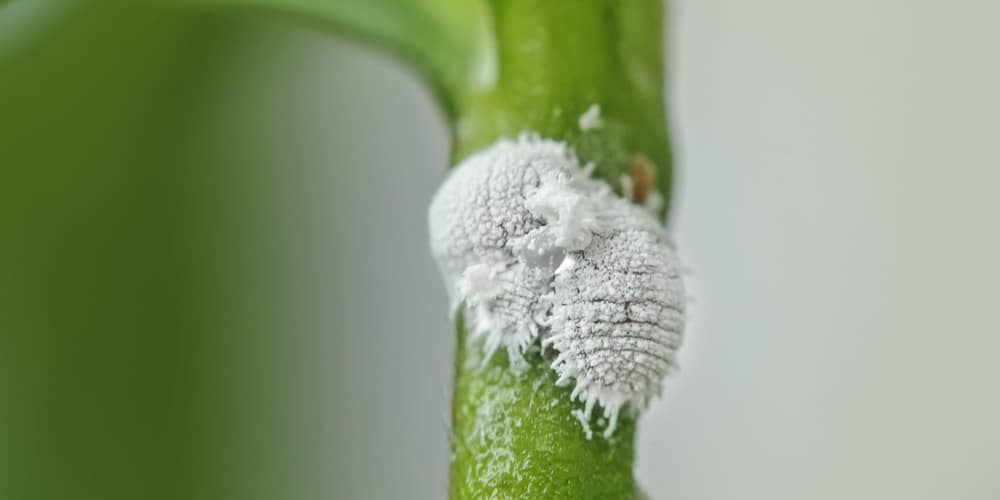The Rules of Organic Pest Control
When transitioning to organic pest control for your spring garden, it’s vital to recognize its foundational principles and the inherent advantages it offers.
Principles of Organic Pest Control
Organic pest control is anchored in strategies that promote ecological balance and reduce dependency on synthetic chemicals.
Here are key principles to grasp:
- Integrated Pest Management (IPM): This approach combines various management strategies and practices to grow healthy crops and minimize the use of pesticides.
- Prevention: Focus on maintaining a healthy garden environment to prevent pest infestations before they begin.
- Natural Pesticides: When intervention is necessary, opt for natural pesticides and eco-friendly pest control methods that have minimal impact on the environment.
- Biodiversity: Encouraging a diverse ecosystem in your garden helps control pest populations naturally.
Benefits of Organic Methods
Embracing organic pest control methods comes with several benefits for your garden and the environment:
- Healthier Ecosystem: Organic methods protect the biodiversity of your garden, supporting beneficial insects and organisms.
- Sustainable Practices: By using organic pest control, you contribute to sustainable agricultural practices that are safer for the environment.
- Long-Term Solutions: Rather than providing a quick fix, organic methods aim for long-term pest management, reducing problems in future seasons.
Preventative Strategies
In organic gardening, your first line of defense against pests involves adopting proactive measures.
These preventative strategies are designed to stop pest issues before they start and maintain a healthy garden ecosystem.
Cultural Practices
- Crop Rotation:
- Rotate your crops annually to prevent pests from becoming established in one particular area.
- This approach disrupts pest life cycles and reduces the buildup of disease-causing pathogens.
- Diverse Planting:
- Intersperse different types of plants to create a biodiverse environment that supports natural pest predators.
- A diverse planting strategy also helps reduce the spread of pests and diseases.
Physical Barriers
- Netting and Row Covers:
- Use fine mesh netting or row covers to physically shield plants from insects while still allowing sunlight, air, and moisture through.
- Apply these barriers promptly, especially during the vulnerable young stages of your plants.
- Handpicking:
- Regularly inspect your plants and handpick pests as needed.
- This method is straightforward and works well for visible and larger pests like beetles and caterpillars.
Soil Health and Nutrition
- Compost and Mulching:
- Incorporate ample organic matter, like compost, into your soil to improve plant vigor and resilience to pest attacks.
- Mulch can provide a habitat for beneficial insects as well as suppress weed growth, which can harbor pests.
- Balanced Fertility:
- Conduct soil tests to ensure your soil has the right balance of nutrients, which is necessary for healthy plant growth.
- Avoid over-fertilization that can lead to excessive, tender growth, attracting more pests.
Biological Pest Control
Biological pest control is an essential component of organic gardening in the spring, providing a sustainable solution to manage harmful pests.
This method leverages the natural relationships between organisms to maintain a balanced garden ecosystem.
Beneficial Insects
1. Ladybugs: These spotted helpers are champions in your garden, eagerly feasting on aphids, mites, and scale insects. Typically, a single ladybug can consume up to 50 aphids a day.
2. Lacewings: Delicate yet voracious, lacewings are particularly effective against a variety of pests, including aphids and caterpillars. Their larvae are known as “aphid lions” for their impressive appetite.
Natural Predators and Parasites
- Birds: Encouraging birds to visit your garden is wise, as they naturally eat large numbers of insects. Setting up bird feeders and birdhouses can attract these pest predators.
- Tip: Specific plants can also attract birds. For example, sunflowers can bring in finches who love to pick-off pests.
- Parasitic Wasps: These tiny wasps are powerful allies, laying their eggs on or within harmful pests. When the eggs hatch, the larvae consume the host, effectively controlling populations.
Table of Biological Pest Control Agents & Targets:
| Biological Agent | Target Pest |
|---|---|
| Ladybugs | Aphids, mites, scale insects |
| Lacewings | Aphids, caterpillars, mealybugs |
| Birds | Various garden pests |
| Parasitic Wasps | Caterpillars, aphids, beetle larvae |
Organic Pesticides and Repellents
In the realm of organic gardening, selecting the right pesticide and repellent can make all the difference.
Let’s explore some targeted approaches that respect nature while keeping unwanted visitors at bay.
Botanical Insecticides
Botanical insecticides are derived from plants known for their insect-repelling properties. They provide a more environmentally friendly approach to pest control:
- Pyrethrin: Extracted from chrysanthemum flowers, pyrethrin is effective against a wide array of insects. It acts fast and degrades quickly, minimizing environmental impact.
- Neem Oil: Sourced from the neem tree, neem oil disrupts the life cycle of pests, from egg to adult. It’s particularly useful against aphids and mites.
DIY Natural Repellents
Creating your own natural repellents can be both rewarding and effective. Here are simple recipes that you can make with common household items:
- Garlic Spray:
- Mince two garlic bulbs and soak in two cups of water for 24 hours.
- Strain and dilute the mixture with a gallon of water and a teaspoon of liquid soap.
- Chili Pepper Spray:
- Combine 1 tablespoon of chili powder with a quart of water and a few drops of mild liquid soap.
- Apply it carefully to plants to ward off pests like mites and beetles.
These solutions are gentle on your garden and can be part of a holistic pest management strategy.
Remember to apply sprays during the cooler parts of the day to avoid harming beneficial insects and reduce the risk of leaf burn.
Monitoring and Maintenance
Effective organic pest control in spring begins with two critical activities: thorough garden inspections and accurate pest identification.
These practices are the pillars of maintaining a healthy garden without resorting to synthetic chemicals.
Regular Garden Inspection
- Create a Schedule: Pencil in garden inspections at least once a week. Consistency is key to early detection of pest issues.
- What to Look For: Pay attention to the undersides of leaves, stems, and any ground debris. These are common hiding spots for pests.
A well-kept record of these inspections can inform you about the effectiveness of your current pest management strategies and whether any adjustments are necessary.
Pest Identification
- Observe the Damage: Different pests leave unique signs of damage. Chewed leaves, discolored foliage, or sticky residues can point to specific culprits.
- Consult Resources: Use online guides or local extension services to match your observations with known pest profiles.
Frequently Asked Questions
Effective organic pest control in spring hinges on the timely use of natural methodologies and materials that are safe for both your garden and the environment.
How can one implement organic pest control in a spring garden?
- Incorporate companion planting to deter pests naturally.
- Use hand pulling as an immediate solution to remove invasive weeds that can attract pests.
What are some natural methods to manage pests in agriculture?
- Employ crop rotation to interrupt pest life cycles.
- Attract beneficial insects that act as natural predators.
Which organic pest control solutions are recommended for garden vegetables?
- Apply neem oil spray to deter a wide variety of pests.
- Introduce barriers, like row covers, to protect plants from insect damage.
How do homeowners apply natural pest control techniques?
- Regularly inspect plants for early signs of infestation.
- Utilize garlic and pepper sprays as a homemade deterrent against insects.
What are the best practices for organic pest management in farming?
- Establish a balanced ecosystem that supports a diverse range of organisms.
- Implement organic soil amendments to develop healthy, pest-resistant plants.
What methods are used by organic farmers to control insects without synthetic chemicals?
- Release biological control agents, such as ladybugs, to combat aphid populations.
- Set up sticky traps for monitoring and capturing flying pests like fruit flies and whiteflies.
Last update on 2025-06-06 / Affiliate links / Images from Amazon Product Advertising API





